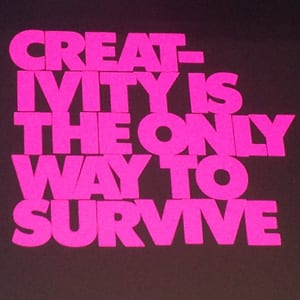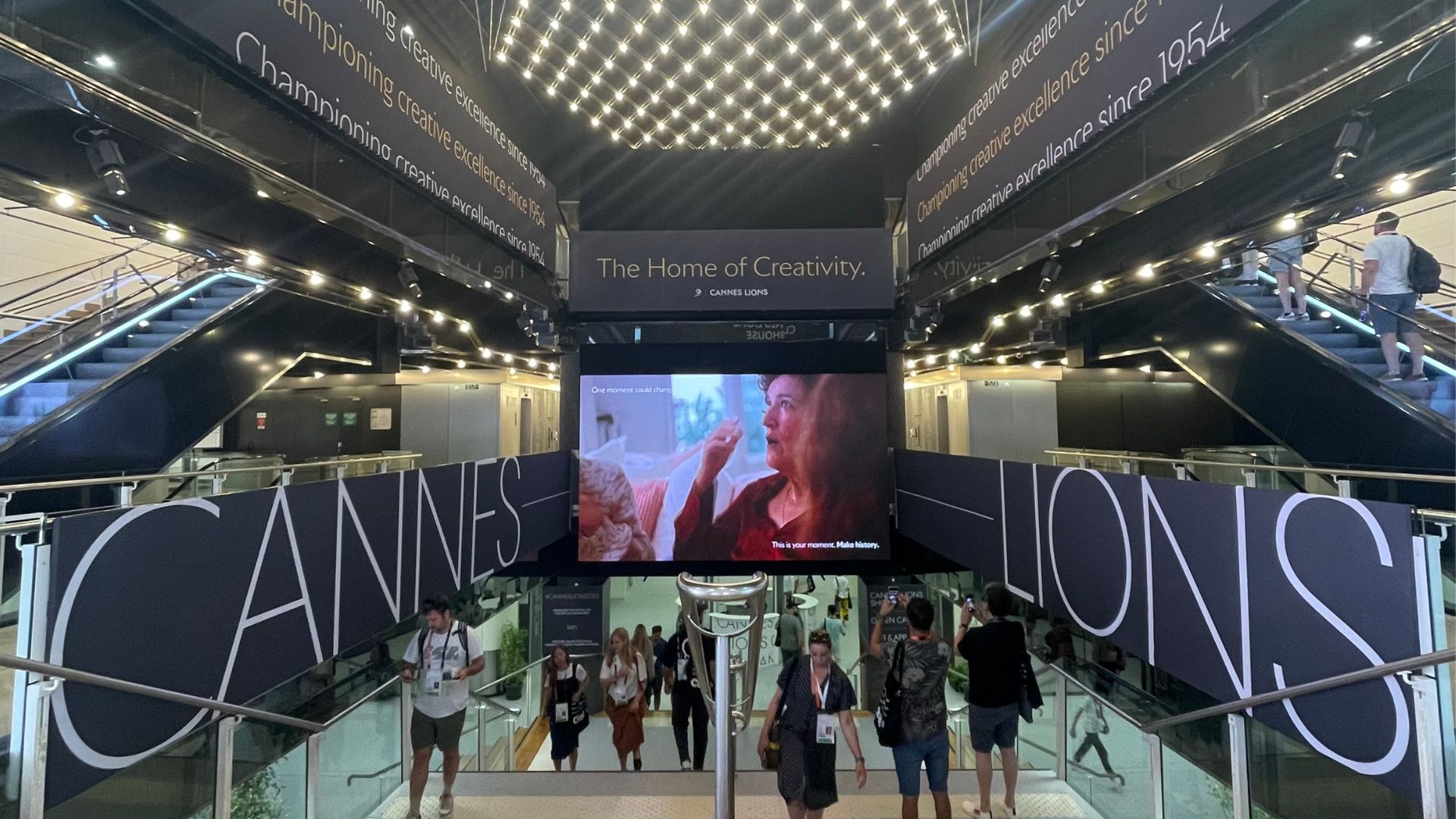 Here’s to the Losers
Here’s to the Losers
By James Kelly
Here’s to those who didn’t win this week. To those whose toil in the service of the sale went unnoticed. For Cannes is about winners and winning, and there is little sparkle for the second best. So as I write this, I wonder what happened to marketing as the art of selling as opposed to the art of social protest.
This week’s celebration of the world’s most imaginative marketeers has been another dazzling array of how we can move the needle in the world and drive change when some of the best minds in the business are put to work. However, as I reviewed the campaigns this week, I was struck by how seemingly formulaic it has become. Choose a cultural cause, social issue or sensitive topic and rage against the machine. A recipe, empirically year on year, for success. A model that delivers for gold trophies and building equity. The issue is whether it can sell units.
For all the talk this week about the power of creative effectiveness, looking at some of the more lauded winners, it was hard to see a direct line of sight to sales of product. In some cases, this was due to the campaigns being focused entirely on a pro bono cause, or simply about the absurdity of outdated and deeply divisive social attitudes. The question is not whether these are brilliant cases of creative storytelling, but rather that they do not balance the focus on people and product and benefit. With overt focus on issue and equity comes an imbalance when attempting to insert product benefit in pursuit of the caring, sharing and, yes, selling.
The true test of our creativity is surely to balance the people with the product (click to tweet). To fuse the entertainment with the encouragement towards preference at shelf end. So while inspired and impressed by the strength and power of the Gold winners this year, it’s to the Bronze and Silver winners, and even the shortlists, where I encourage everyone to direct their attention. Look beyond the glimmer and see the hardworking genius of the product marketeers, who, eschewing the embrace of equity issue campaigning, kept the product front and center to drive the return.
In summary, despite this week’s glamour, we must never lose sight of the fact that we are in the art of selling as well as social activism. We must be mercantile and remember that, when all’s said and done and the lights go down, all that matters is whether she, he and they made the sale at shelf.
Until next year, let’s all keep purpose – and product – at the heart of our creative briefs.
 Maybe Some Questions Don’t Need Answers
Maybe Some Questions Don’t Need Answers
By RP Kumar
So here we are home from a long week at Cannes, and people are asking each other, “What did you think of it?” and “What – if anything – was new?”
The queries are understandable. We are all looking for clear-cut, absolute answers that we can share with our agencies and clients.
Here are two areas that keep getting discussed and might, in my opinion, never find resolution:
Data vs. Creativity
I mean, really, how long have we been discussing this? It used to be under another name – Strategy versus Creative – except that in the recent past, Strategy seems to have been replaced by the word “Data.” In the last couple of years at Cannes, I sensed a deep unease – is the rationality of data going to overcome the entropy that is inherent to the creative process? Are the “quants” going to dictate copy, visuals, even color schemes based on petabytes of data?
This year, for the first time, I found a slightly more relaxed mood. Partly, I guess, because we recognize that data is here to stay, and partly because the lines are becoming clearer, and we are all slowly figuring out our roles. In this context, I found two sessions useful. Dentsu Aegis mashed up creativity and technology in a literal sense, showing how data can be used to engineer evocative experiences. And LinkedIn showed the maturity of data science being applied across agencies today. Both were indicative of the fact that data is here to stay and creatives are coming to grips with marketing science – even learning to live with it. It’s not a zero sum game; there is space for both, and huge opportunities for cooperation.
Social Value vs. Hard Sell
Just about every winning campaign this year shows that Unilever CMO Keith Weed’s mantra of “Do Well and Do Good” is thriving. But as my friend James Kelly passionately points out, it is easy to get swayed by the lofty ideals, forgetting that after all we are in the business of selling. This debate – between softly linking the brand to social purpose versus hard-selling the brand – has also raged for many years. This year, admittedly, the pendulum seems to have swung quite far towards social purpose, at the expense of what most of our clients pay us to do – in David Ogilvy’s words, “We sell, or else.” My prediction is that the next couple of years might see the pendulum swinging back. It’s all part of the sturm und drang of our creative world.
I do have, however, a complementary point to make. Marketing as a discipline gets vilified so often and so ferociously that, once in a while, it is critical for us to show that marketing and communications skills can try to solve some of the world’s toughest perceptual and behavioral problems. In the process, we bring to life the relevance of marketing to society, not in a defensive way, but by the undeniable power of demonstration. In this context, the winning campaigns “Like a Girl” and “Share the Load” both recognized sexism across the world… something that needs to be addressed over and over again.
Coming back to “What happened at Cannes?” – there’s part of me that hopes some of these arguments never actually get resolved. It is in this thrust-and-parry of debate that new things truly get developed (click to tweet), which is why passionate people like us stay engaged and inspired.


